One of the things I love about working in the maternity space is connecting with other mums who are absolutely crushing it in business. They’re juggling a million things, probably haven’t had a full night’s sleep in months, and are still waiting for the day they get to finish a cup of coffee while it’s hot - and honestly, it makes me feel seen.
Daisy is one of those mums. She’s a Nutritionist, mum to Max, and Co-Founder of The Whole Bowl Co. She also co-founded The Parenthood Society and somehow still found time to write this brilliant article on what new mums need to know about nutrition during breastfeeding. Breastmilk is already pretty magical, but keeping yourself nourished is just as important.
Keep reading - this one’s a goodie.
Leish x
Why Your Nutrition Still Matters
As new mums, we spend a lot of time thinking about how to nourish our babies. But what about nourishing ourselves?
As a qualified nutritionist and co-owner of a postpartum meal delivery service, I love the saying: “you can’t pour from an empty cup.” If you're breastfeeding, it's not just about producing milk - it’s about keeping your own body well-fed, energised, and supported as you recover and heal.
Whether or not you breastfeed, a nutrient-dense diet supports healing and helps replenish what your body gave during pregnancy. Below are the key nutrients that matter most - and where to find them.
Nutrients That Support Breastfeeding
Breastfeeding mums have increased nutritional needs. Meeting them helps ensure both you and your baby are getting what you need for optimal health.
Protein
Supports milk production, muscle recovery, energy, immunity, and tissue healing.
Sources: Red meat, chicken, fish, tofu, lentils, beans, full-fat dairy, nuts, seeds, wholegrains.
Calcium
Essential for your baby’s bone development. If dietary intake is low, calcium is drawn from your own bones.
Sources: Full-fat dairy, fortified plant milks, sardines, salmon, tofu, kale, bok choy, almonds, tahini.
Omega-3 Fatty Acids (DHA)
Supports baby’s brain and eye development, and helps mums with mental health, inflammation and immune support.
Sources: Salmon, sardines, flaxseeds, chia, walnuts, eggs, high-quality fish or algae oil supplements.
Iron
Important for energy, immunity, and thyroid health - especially to replenish stores post-pregnancy.
Sources: Red meat, organ meats, legumes, cashews, pumpkin seeds, dried apricots. Pair with vitamin C-rich foods to aid absorption.
Vitamin B12
Critical for baby’s neurological development.
Sources: Meat, dairy, eggs, fortified plant milks, nutritional yeast. Vegans should consider supplementation.
Vitamin D
Essential for bone and immune health. Supplementation is often needed for mums and babies.
Sources: Fatty fish, fortified dairy or plant milk, egg yolks, safe sun exposure.
Iodine
Supports thyroid function and infant brain development.
Sources: Iodised salt, seafood, seaweed, dairy, eggs.
Other Considerations
- Aim for 3L of water daily. Herbal teas, broths, coconut water and juicy fruits also hydrate.
- Limit caffeine and alcohol, which can deplete nutrients and affect hydration.
- Breastfeeding typically requires 500 extra calories per day. Stock the fridge, freezer and pantry with easy, nourishing options.
A well-balanced, nutrient-dense diet supports both lactation and postpartum recovery. Always consult a qualified health professional for personalised advice.
Written by:
Daisy Manson
Max’s Mama
BHSc + Nutrition
Co-founder of The Whole Bowl Co.
Special Offer for Bubka Mums
Daisy and The Whole Bowl Co. have generously shared a discount code just for you. Their meal delivery service is a game-changer - especially in those early, sleep-deprived days.
Use code Bubka20 for $20 off orders over $150


